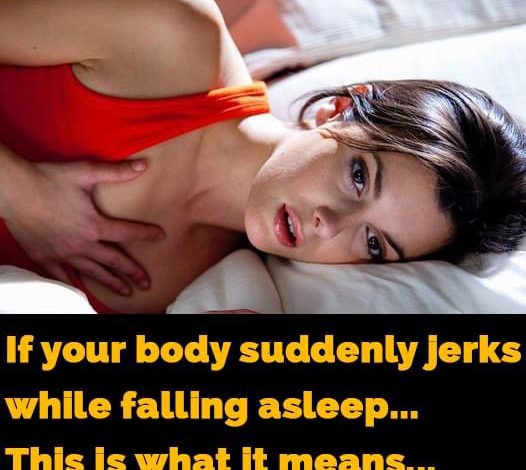
ADVERTISEMENT
Understanding Hypnic Jerks: The Startling Truth Behind Those Sleep Twitches
Have you ever been on the brink of falling asleep, only to be jolted awake by a sudden and unexpected twitch in your body? This common phenomenon, known as a hypnic jerk, can be startling and may even cause a momentary burst of heart-racing anxiety.
ADVERTISEMENT
Hypnic jerks, also referred to as sleep starts, are involuntary muscle contractions that occur as the body transitions from alertness to sleep. Neuroscientists believe that these twitches may result from natural misfirings in the brain during the sleep cycle. As the brain gradually downshifts to sleep, its electrical activity changes. The relaxing of muscles combined with these brain waves can sometimes trigger a twitch.
Interestingly, these jerks are often accompanied by a sensation of falling or a vivid dream-like scenario that jolts the individual awake. Some theories suggest that as the muscles relax entering the deeper stages of sleep, the brain may interpret the relaxation as a sign of falling, triggering the muscles to react.
Environmental factors can increase the frequency and intensity of hypnic jerks. Stress, caffeine, and physical activity close to bedtime are commonly reported triggers. Similarly, sleep deprivation and irregular sleep schedules may exacerbate the frequency of these twitches.
For those who experience hypnic jerks frequently, experts recommend establishing a soothing bedtime routine: avoiding stimulants like caffeine and electronics before bed, practicing relaxation techniques, and maintaining a regular sleep schedule. This can help ease the transition to sleep and potentially reduce the occurrence of these jolts.
Understanding that hypnic jerks are a common, typically harmless part of falling asleep can provide comfort. However, if they are severe or disrupt sleep regularly, consulting a healthcare provider is advisable. They can rule out other conditions like restless legs syndrome or sleep epilepsy, ensuring that your journey to dreamland is as smooth as possible.
ADVERTISEMENT
This article aims to demystify the startling experience of hypnic jerks while offering practical advice for managing them, ensuring a better night’s sleep for those affected.




